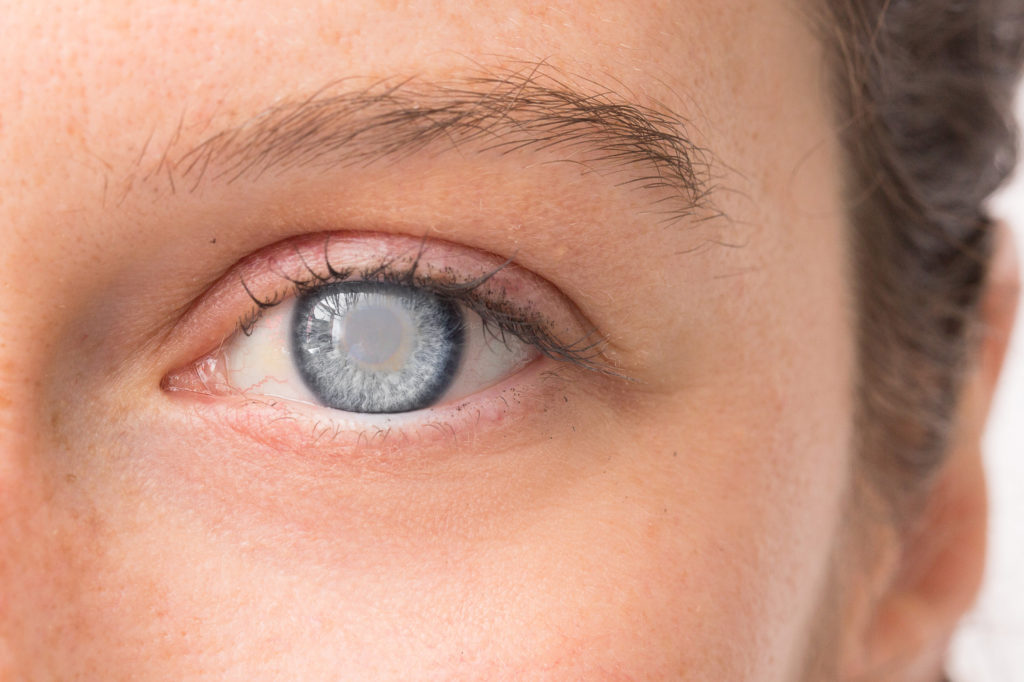All you are required to learn concerning cataracts

People, especially the elderly, have poor vision because they suffer from cataracts. Most of them cannot see because as they grow older, they can even not see completely if not corrected. Therefore, if you begin to experience any cataract symptoms or vision problems, you are required to consult your physician for early diagnosis and treatment of your problems. That is why cataract surgery in Jenkintown is performed by a team of specialists who offer multifocal lens implants and outpatient cataract surgery. Below is all you need to know concerning cataracts.
What are cataracts?
Cataracts refer to the clouding of your eye lenses. Therefore, if you have cataracts, you might feel as if you are seeing the world or objects via a frosted window. They also make it quite challenging for you to take part in your daily chores that require proper vision, like driving and reading, especially at night. Other than cloud vision, other symptoms of cataracts are night blindness, double vision in one eye, dim vision, frequent changing your eyeglass or contact lens prescription, blurred vision, sensitivity to light glaring, colors appearing yellowed or faded, noticing halos around light and the need for increasing amounts of light to see. Cataracts also develop gradually over time, and you may not notice them until they have advanced. However, there is no need to worry about this condition because it can be corrected using cataract surgery.
How does cataract surgery work?
The main focus of cataract surgery is to remove the clouded lens and replace it with an artificial and clear one referred to as an intraocular lens. However, your physician can also remove your cataracts and prescribe you glasses. Cataract surgery is usually an outpatient procedure performed when you are awake. However, to ensure you are comfortable throughout the procedure, the care provider ensures the surrounding area is anesthetized. And if you are nervous, you can be given a sedative to help you relax.
What is cataract surgery?
After cataract surgery, you might experience some temporary adverse effects like itching, mild discomfort, and blurred vision. However, if you experience eyelid swelling, light flashes in front of your eye, vision loss, multiple new floaters in front of your eye, increased eye redness, and pain that does not subside even after taking over-the-counter medications- you should seek medical advice. Similarly, you might begin seeing colors appear brighter after the surgical procedure. After that, you expect to see your vision improving greatly in a few days, and your eyes heal after around eight weeks. You are also supposed to ensure you adhere to the scheduled follow-up visits so that the care provider can keep an eye on your healing progress. The visits should be a few days after surgery, the following week, and last the following month. After your eyes have completely healed, your care specialist can prescribe you eyeglasses to supplement your vision.
A cataract is a health condition that can pose greater risks of injury and accidents, especially to the elderly because they do not see clearly. Therefore if you or your loved one is suffering from cataracts or is experiencing any of the named symptoms and requires treatment, call or consult Suburban Eye Associates today and get started. You can schedule your appointment online or visit their offices.









